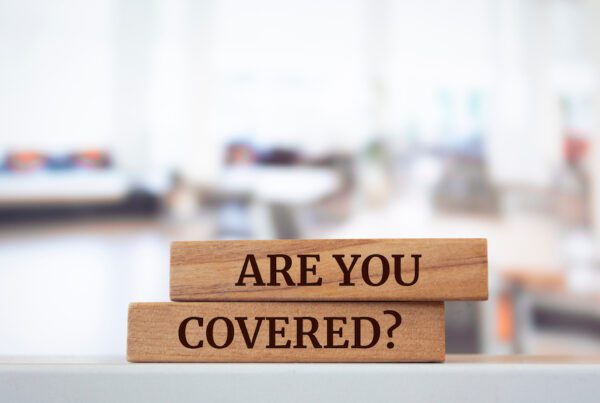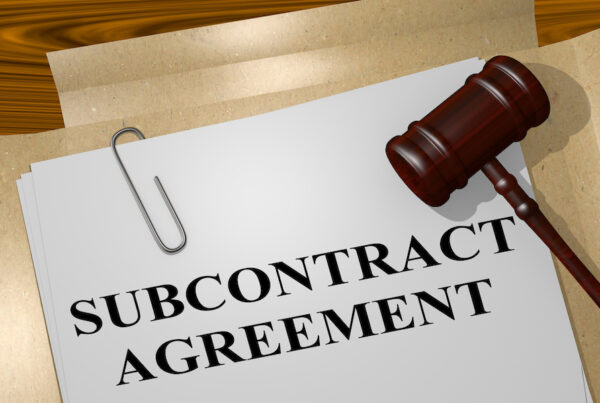A friend of ours who is employed by a local organization decided to start a side business out of his home. He worked on his extra job during nights and weekends, providing consulting services from his kitchen table. He admits the revenue will never cause him to quit his full-time job, but it provides a few thousand extra dollars a year and it is personally satisfying.
“Another good thing about it is I have no real expenses,” he bragged. “I use my laptop and the internet and sometimes my phone. I already had all of those. Everything I earn is pure profit.”
We couldn’t help asking a few questions: Has he told his home insurer about the new business? (No.) Does he know what would happen if he gets sued as a result of advice he gives his customers? (No.) Does he think his homeowner’s insurance will cover him if a client comes to his house and happens to fall? (He hopes so.)
We gently informed him that he is in danger of losing everything he holds dear.
Homeowner’s insurance covers the regular activities of home life. If you throw a party and a guest breaks her ankle as she exits the front door, you’re covered. If an electrical short-circuit starts a fire, the insurance company will pay for repairs and replacement of lost goods. If a pipe bursts in your wall, you will be compensated for repairs and repainting.
It will not cover an injury to a client who you may be doing business with in your home office. It is unlikely to cover the expense of office equipment. It certainly will not insure your losses if a hacker steals your customers’ private information, like Social Security numbers.
And you will be out of luck with the agent of your homeowner’s insurance if you call to ask about the lawsuit a client just filed because he blames you for the sudden collapse of his own business.
A home umbrella policy designed to provide coverage above the policy’s normal liability limits is useful for extraordinary accidents, but it will not cover business expenses, either.
The best decision, we told our friend, is to buy insurance that covers his small business. It will eat into his profit margin, but it could prevent him from losing not only his business, but his home and other assets.
Home-based business insurance does not need to be hugely expensive, especially for side gigs that don’t bring in a lot of revenue.
For instance, every business should have general liability insurance that will pay you in the event of a dispute related to your operation.
Professional liability, also known as errors and omissions insurance, protects you when you make a mistake, perceived or real.
Some coverage will be based on the type of work you do. If you are an IT consultant, you should buy protection against software infringement. People who operate hair salons in their basement, might need a policy that covers loss of a lot of expensive equipment.
And those who do rely on their home business to provide all of their income, should include business interruption coverage in their insurance.



